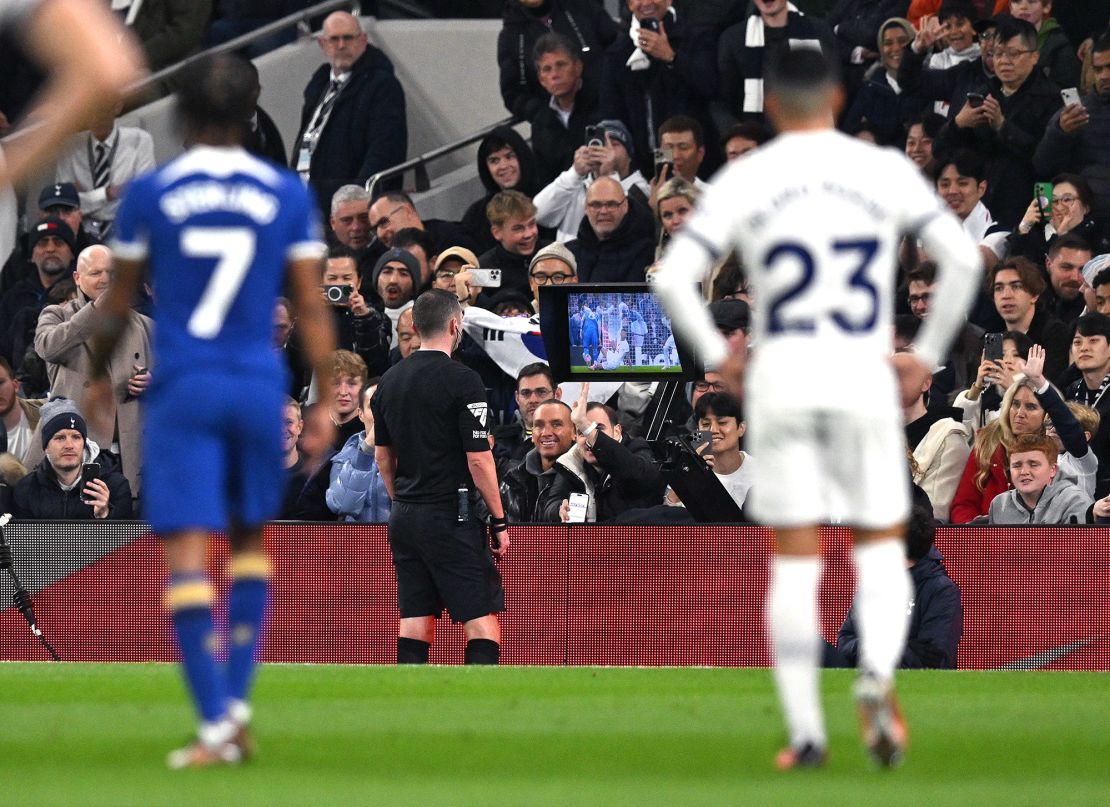
The Premier League, long celebrated as the most competitive football league in the world, continues to be a melting pot of tactical innovation and experimentation. Managers like Pep Guardiola and Jürgen Klopp are constantly reshaping the tactical landscape, influencing not only the outcomes of individual matches but also the broader competitive balance of the league.
This season, several tactical trends have emerged that highlight the strategic acumen of Premier League managers. These innovations range from fluid attacking formations to sophisticated defensive setups, each designed to maximize team strengths while exploiting opponent weaknesses.
Fluid Attacking Plays
Pep Guardiola's Manchester City is a prime example of tactical fluidity. Under Guardiola, City has continued to evolve its attacking play, focusing on positional play and quick ball circulation to disorganize defenses. This season, with Kevin De Bruyne's role evolving due to injury concerns, Guardiola has leaned heavily on players like Bernardo Silva and Matheus Nunes to maintain the rhythm and creativity in midfield. As detailed in Total Football Analysis, Guardiola's tactical adjustments have allowed City to remain a formidable attacking force, with their play characterized by incisive passing and intelligent movement.
Liverpool, under Jürgen Klopp, has also adapted its attacking strategy. Klopp's gegenpressing has been complemented by a more controlled build-up play, allowing Liverpool to dominate possession and create high-quality chances. The introduction of younger talents into the squad has added a fresh dynamic, with players like Harvey Elliott and Curtis Jones offering energy and creativity. The combination of high pressing and patient build-up has seen Liverpool score prolifically, maintaining their status as one of the league's top scorers.
Defensive Setups
Defensive solidity has become a cornerstone for success in the Premier League, and managers like Thomas Tuchel at Chelsea have been at the forefront of defensive innovation. Tuchel's use of a back three has provided Chelsea with a robust defensive structure, capable of withstanding pressure while allowing wing-backs to contribute to attacking phases. This setup not only reinforces the defense but also transitions seamlessly into attack, as highlighted in tactical analyses from FourFourTwo.
Crystal Palace under Oliver Glasner has embraced set-piece tactics as a defensive and attacking tool. According to Total Football Analysis, Glasner's emphasis on set-piece organization has made Palace a tough nut to crack, with well-drilled routines providing both defensive resilience and attacking opportunities.
Tactical Adjustments and Match Outcomes
The tactical flexibility exhibited by Premier League managers has had a profound impact on match outcomes. This adaptability allows teams to adjust mid-game, countering opposition strategies effectively. For instance, Graham Potter at West Ham United has shown a knack for in-game tactical shifts, often making decisive substitutions and formation changes that turn games in his favor. His ability to exploit weaknesses in opposition setups has been crucial in West Ham's rise in the league standings.
The Premier League's tactical diversity is not just about innovation at the top. Teams like Brentford and Brighton have punched above their weight, utilizing data-driven approaches and innovative tactics to compete with traditionally stronger teams. Brentford's use of a high press and quick transitions has made them a challenging opponent for any team, while Brighton's focus on possession and structured build-up play under Roberto De Zerbi has seen them maintain a solid mid-table position.
The Competitive Edge
The constant tactical evolution in the Premier League contributes to its unparalleled competitiveness. As managers continue to innovate, the league's unpredictability increases, making it a thrilling spectacle for fans. The tactical battle is not confined to the pitch; it extends to the training ground, where managers and their teams analyze data and develop strategies to outthink their opponents.
This season, the tactical acumen of Premier League managers has been on full display, with strategies not only influencing match results but also shaping the league's narrative. As teams vie for the title, European spots, or survival, the tactical innovations introduced by managers will undoubtedly play a pivotal role in determining the outcomes.
The Premier League remains a dynamic and evolving arena where tactical innovation meets fierce competition, solidifying its status as the pinnacle of club football. As we move deeper into the season, fans can expect more tactical surprises and strategic masterstrokes that will keep the league as compelling as ever.

In conclusion, the Premier League's blend of tactical expertise and competitive spirit ensures that it remains at the forefront of world football. The innovations introduced by managers not only entertain but also push the boundaries of what is possible on the football pitch, making each season a new chapter in the ever-evolving story of the beautiful game.